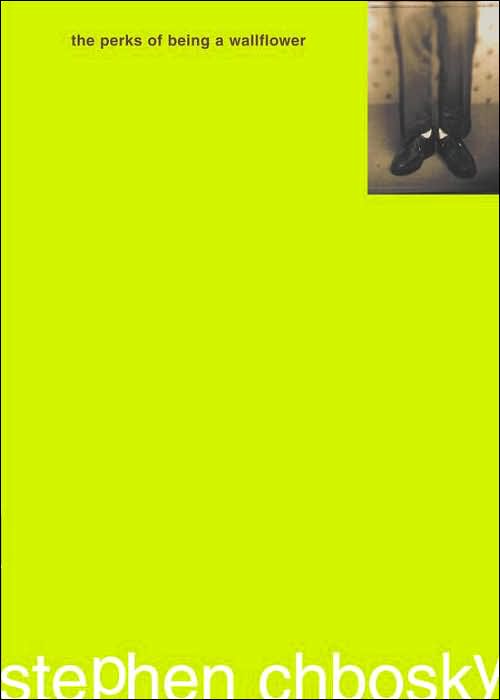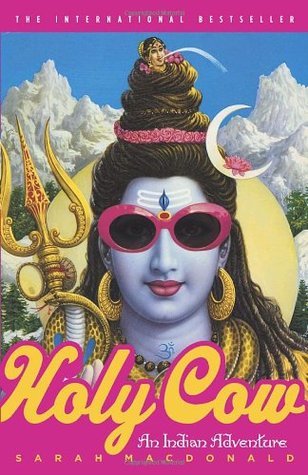This past week marked 30 years of celebrating Banned Books Week as librarians, booksellers, publishers, teachers and readers stood up against censorship and proudly expressed their freedom to read.
Banned Books Week was established in 1982 to protect reader’s rights to free and open access to information, specifically books.
Many books have been challenged or banned with the best of intentions; however, no matter the reason, it is still a form of censorship which cannot be allowed.
Simply attempting to remove or restrict material from a library or school curriculum because one person or a small group does not agree with the contents, or feel the need to protect someone, typically children, is a violation of our First Amendment rights as well as the Author’s rights.
Over the last 30 years, thousands of books have made it to the banned or challenged lists for various reasons such as having sexually explicit content, foul language or unsuitable content for a certain age group or all age groups.
Some other reasons may surprise you. The Merriam Webster and American Heritage dictionaries were placed on the banned list by some schools for defining the term “oral sex.”
Twilight was even banned, not because of its bad writing, but for its religious view points and sexually explicit content deeming it unsuitable for certain age groups.
The classic novel by John Steinbeck, The Grapes of Wrath, has been on the banned books list and was even burned by some citizens because of its vulgar content and negativity towards political views.
Of course, the most challenged book this past year has to be the popular erotica novel Fifty Shades of Grey.
Despite the reasons a person may have for banning a book, restricting someone’s ideas and thoughts or banning people from reading those ideas and thoughts because you simply do not agree with them, do not understand or do not wish to understand, is an abuse of our First Amendment rights as Americans and our freedom to think for ourselves.
We celebrate Banned Books Week to lift up those authors who have challenged us to think and view the world in a new perspective.
Books are a fantastic way to entertain oneself, but also a powerful tool to educate on topics such as teen suicide, sex, drugs and abuse that many turn a blind eye to.
Books can be an escape and a safe haven.
That is why we need to stand up against censorship, not just once a year, but all year so that we can protect what is most precious – the freedom to express our ideas and to share those ideas with others.
Top 5 Banned/Challenged Classics
- The Great Gatsby by F. Scott Fitzgerald
- The Catcher in the Rye by J.D. Salinger
- The Grapes of Wrath by John Steinbeck
- To Kill a Mockingbird by Harper Lee
- The Color Purple by Alice Walker
Top 5 Surprising Books on the Banned/Challenged List
- Anne Frank: The Diary of a Young Girl
- Brown Bear, Brown Bear, What do you See? By Bill Martin Jr. and Eric Carle
- James and the Giant Peach by Roald Dahl
- Little Women by Louisa May Alcott
- A Light in the Attic by Shel Silversteing
Others you may know that have made it to the list:
- The Hunger Games by Suzanne Collins
- 20 Boy Summer by Sarah Ockler
- Stolen Children by Peg Kehret
- The Perks of Being a Wallflower by Stephen Chbosky
- Forever in Blue: the Fourth Summer of the Sisterhood by Ann Brashared
- Speak by Laurie Halse Andersen
- And Tango Makes Three by Justin Richardson and Peter Parnell
- The Lord of the Rings by J.R.R. Tolkien
- 1984 by George Orwell
- Harry Potter and the Sorcerer’s Stone by J.K. Rowling
- Captain Underpants by Dav Pilkey
- Bridge to Terabithia by Katherine Paterson
- Crank by Ellen Hopkins
- The Golden Compass by Philip Pullman








